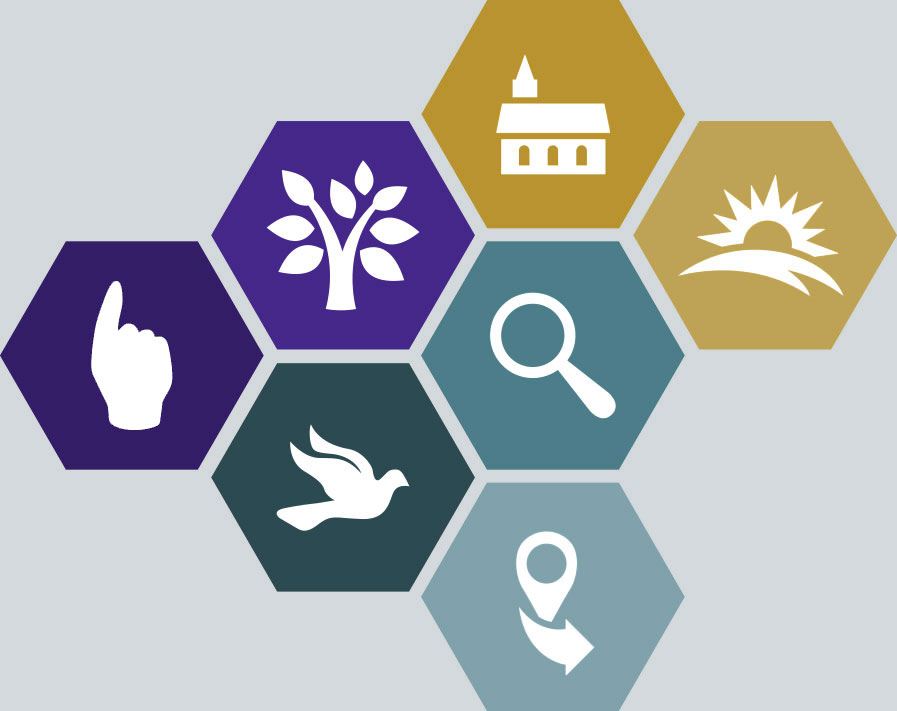Integrating Physical & Spiritual
Key Components of an Integrated Approach

Loving and Serving
As we look at an integrated approach we need to start with why. Why are we doing what we are doing? Why do we fix the community water system or build a bridge? Unfortunately, the typical community’s response to these questions would be, “To improve my life.”
We’ve been subtly convinced that the purpose of life, including the Christian life, is to get comfortable. And we have gone around the world communicating just that. We arrive in communities and start a conversation about what they want to see changed. We challenge those in the village to think about what assets they have, not so they can use them to serve, but so they can use them to improve their own lives. But we’ve missed God’s intentions.
While the Bible has promised us abundant life (John 10:10), a quick survey of Jesus and the early church reveals nothing of a comfortable life. While we know that salvation is a free gift we receive by grace through faith in Christ’s atoning work, our response to that gift is meant to be gratitude that overflows in good works (Ephesians 2:10). Our light is displayed through our good works (Matthew 5:14-16) for the purposes of glorifying God. And the reason those who sow generously will reap generously is so they may abound in every good work (2 Corinthians 9:6-8). There’s really no getting around it—the Christian life is meant to be about serving others, especially those who are vulnerable.
Our Christian call to love and serve can be a powerful motivator. There are many examples of communities reaching out and doing remarkable projects out of a desire to love.
God uses our obedience to love and serve others to help us mature in our relationship with Him. In reality there are many challenges of loving and serving others. For many of us it requires dying to ourselves and our plans for how we want to use our time and money. But the testimony of many of the rural poor is that, as they served, they faced challenges (like lack of resources or land rights). And as they prayed about these challenges, God responded in tangible ways. And through many answered prayers, they saw His love, so they wanted to know Him better.

Key Teaching: Stewardship
In order for people to move closer to God’s intentions in every area of life, they must understand stewardship. It’s the teaching that “The earth is the Lord’s and everything in it” (Psalm 24:1). Our land, our houses, our skills, our talents, our bodies, our relationships, and (if we have some) our money—EVERYTHING belongs to God and must be treated accordingly. Furthermore, the parable of the talents (Matthew 25:14-30) challenges us that God is going to call us to account for how we use what He has given us, even those who received little.
The stewardship principle has brought dramatic change to many communities. No longer did health seem optional for Christians who were busy with far more ‘important’ things like prayer meetings. Instead they quickly adopted new practices, realizing that being sick from poor hygiene was not being good stewards of the bodies God had given and that protecting the health of the children that God created and entrusted to them was not a matter that can be neglected.
Similarly, the stewardship principle has impacted the issue of water. Tens of thousands of wells and water systems sit broken and unusable around the world. As Christians learn about stewardship and the role of water in staying healthy, they start to take responsibility for repairing and maintaining these water sources.

Key Teaching: Obedience
Our Creator knows how we work best and how the world works best. He directs us out of His incredible love for us, because He knows and wants what is best for us. As we follow His commands, we experience His blessing. God’s word contains many promises that those who walk in obedience will flourish.
Jesus replied, “Anyone who loves me will obey my teaching. My Father will love them, and We will come to them and make Our home with them.” John 14:23
Then the Lord your God will make you most prosperous in all the work of your hands and in the fruit of your womb, the young of your livestock and the crops of your land…. if you obey the Lord your God and keep his commands and decrees that are written in this Book of the Law and turn to the Lord your God with all your heart and with all your soul. Deuteronomy 30:9-10
In every village where the church has sought to be obedient, there are stories of how God met them in the midst of difficulties and discouragements. Sometimes the blessings are miraculous, like a bumper crop in the midst of a drought, and other times it’s just a case of God showing them what they already had and how to use it.
God’s word has made it quite clear what it takes to see His blessing. Not excellent community development projects. Obedience.

Key Teaching: The Whole Gospel
The story of Christ coming to earth, dying on the cross, and rising again to save us from our sins and enable us to go to heaven is an incredible and essential message. However, it only forms part of the whole gospel. There is so much more. The story starts with God creating all things and forming humans in His image and goes all the way through to the second coming of Christ. And yet many Christians around the world only know the piece of the story contained in Matthew, Mark, Luke and John. Without the rest of the story, we take the message of the gospels and put it into our own cultural story.
As we present the message of Christ, we need to make sure we present the whole message. We need to go back to the beginning of the story and paint the whole picture of a loving Creator and a good creation broken by sin, otherwise we end up with a skewed understanding of the truth. In many parts of Africa when asked why we should work. They recite with astonishing speed 2 Thessalonians 3:10, “If you don’t work you don’t eat.” However, they have no understanding that God worked and designed us to work; that God has given us a role in the continued development of creation. Without that truth we are left with a command, “If you don’t work you don’t eat,” which leaves us missing the whole beauty of God’s great design for work.




